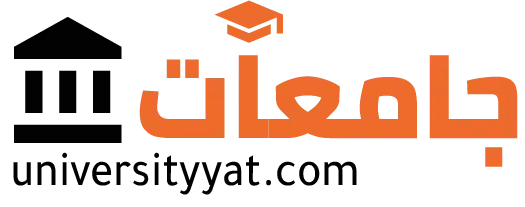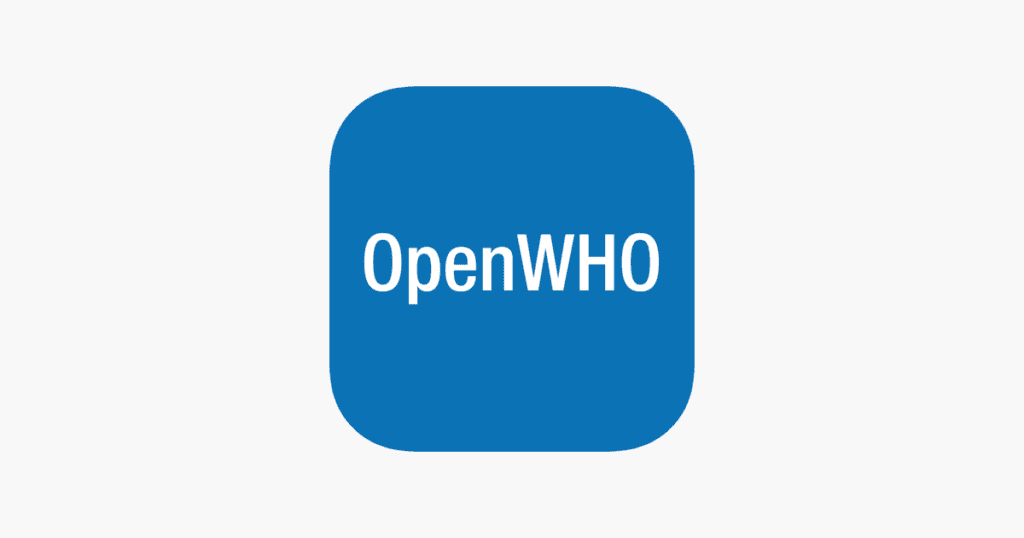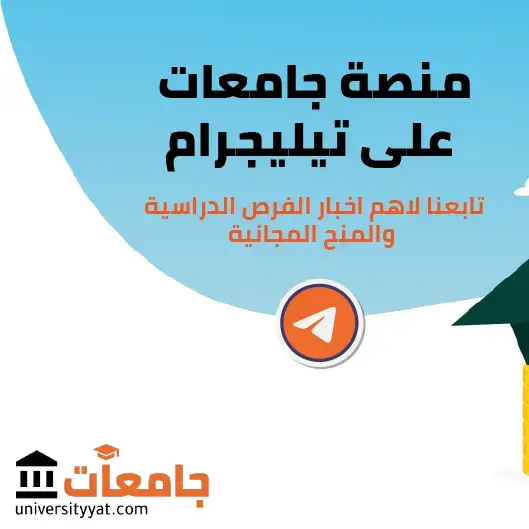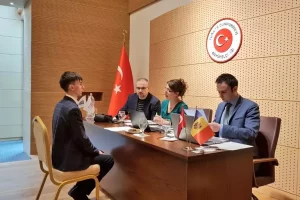Opportunity to access free WHO online courses and earn free certificates upon successful completion. The World Health Organization has announced the launch of a number of free educational and training courses and workshops through its OpenWHO e-learning platform.
The World Health Organization offers courses on various contemporary global health topics, including the novel coronavirus, prevention and proper isolation methods, Ebola, applying proper hygiene rules, and many more.
The World Health Organization (WHO) is one of several United Nations agencies specialized in health. It was founded on April 7, 1948. Its current headquarters are in Geneva, Switzerland, and it is headed by Mr. Tedros Adhanom. It is the directing and coordinating authority within the United Nations system in the field of health.
Information about free WHO courses
It is considered Free online courses التي تقدمها منظمة الصحة العالمية (WHO) مع الشهادات المجانية المعتمدة 2026 فرصة رائعة لأي شخص مهتم بالعمل في مجال الإغاثة من الكوارث أو الأوبئة أو الأوبئة.
It is a web-based platform that combines interaction, innovation, and energy to enable active individuals to make positive contributions to improving health worldwide. These virtual classrooms are designed to bring together people from diverse backgrounds so they can work together to create effective and efficient policies through the application of abstract thinking.
There's a wealth of optimism to be found in the World Health Organization's OpenWHO courses. Positive individuals are encouraged to enroll in WHO-sponsored open courses so the organization can achieve its primary goal of building a competent health workforce. Upon completion of the course, students receive WHO credentials.
Participants in the WHO-sponsored online Global Health courses learn how to effectively engage with stakeholders in a global health environment. The World Health Organization (WHO) offers courses that provide the public with the opportunity to learn from experts in global health and help find solutions to pressing global health problems.
This facilitates applicants' access to a wide range of opportunities to enhance their competency. Furthermore, these short, open WHO courses aim to attract and educate a pool of promising young minds, providing them with a comprehensive understanding of the health system and its processes, thus preparing a constellation of health professionals.
Read also: Free online courses with accredited certificates
Benefits of free courses from the World Health Organization
There are a number of benefits that students can gain by studying WHO courses, including:
- Free for everyone.
- There are no restrictions on nationality.
- There are no academic restrictions.
- Self-learning.
- Available in multiple languages.
- They provide an opportunity for health workers to come up with constructive health policies.
- Video lectures are also available for download.
- Individuals can access the course content at any time.
- After completing the training, the individual receives an accredited certificate.
What languages are the courses offered in?
OpenWHO hosts short courses in more than 20 languages, including many official UN languages and local languages of communities affected by a particular disease outbreak.
How to register for free online courses?
Once you create an Open WHO account and log in, you can choose the course you want to take.
To apply, students only need an email address. Applicants will receive an email notifying them that they have been registered. Fill out all essential fields (name, address, country, etc.).
Please complete all fields as they appear throughout the registration process. Complete the registration form carefully and submit it. Then start learning online for free.
WHO Course Certificate
After completing the WHO courses, students receive a free accredited certificate.
Introductory, intermediate, and advanced levels of education are available in the following four themes: disease outbreaks, community transmission, preparedness, and response. The Learning and Capacity Development Unit of the WHO Health Emergencies Programme is responsible for overseeing the platform.
Their goal is to provide a virtual space for students where they can work together to study a wide range of topics using a range of online resources. This allows for more in-depth dialogue, including commentary on important and pressing topics. Since its inception in 2017, the organization and its key stakeholders have helped disseminate life-saving information to a large number of first responders worldwide.










